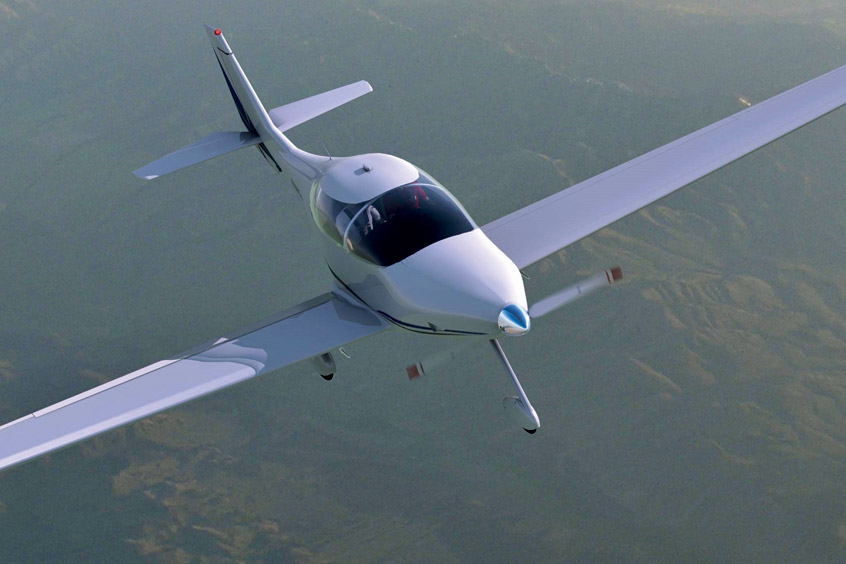Why visit ACE ’25?

Bye Aerospace has announced that Quantum Air has signed a purchase deposit agreement for 22 of its all-electric four-seat eFlyer 4s and a pair of two-seat eFlyer 2 airplanes. The company also signed a comprehensive agreement that includes two future advanced aircraft under development from Bye Aerospace.
George E. Bye, CEO of Bye Aerospace, has welcomed Los Angeles-based Quantum Air to its growing list of customers. “One of Quantum Air's goals is to disrupt aviation, providing more accessible, cost-efficient, high speed air transportation solutions, including FAA Part 135 on-demand air taxi travel, to help alleviate the noise and CO2 emissions challenges that accompany traditional internal combustion aircraft,” he says.
Quantum's new fleet of eFlyers is cementing its status as a leading air taxi service in Los Angeles. “With the arrival of electric aircraft, we are entering a new golden age in aviation,” states Quantum CEO Tony Thompson. “Since the dawn of flight, point to point air travel has been a luxury available only to a privileged few. Our groundbreaking air taxi service will finally make point to point air travel widely available.”
Quantum VP and chief pilot Scott Akina says that the future has arrived: “By electrifying aviation, Quantum will ignite urban and regional mobility. Electric aircraft are safer, quieter and more efficient than legacy aircraft, and they are more fun, more comfortable and do not pollute.”
In addition, Bye will join Quantum's board of advisors. According to Thompson: “With George Bye on our board of advisers, Quantum will tightly integrate with Bye Aerospace, producing a superior flight experience for our customers.”
Bye is developing the FAA FAR 23-certified family of eFlyer general aviation aircraft, starting with the eFlyer 2, for the flight training mission. All of its current and future families of aircraft, including the eFlyer 2 and the eFlyer 4, feature exemplary engineering, research, and electric aircraft solutions producing no CO2, and are designed to answer compelling market needs. These include significantly lower operating costs, zero emissions, and decreased noise.